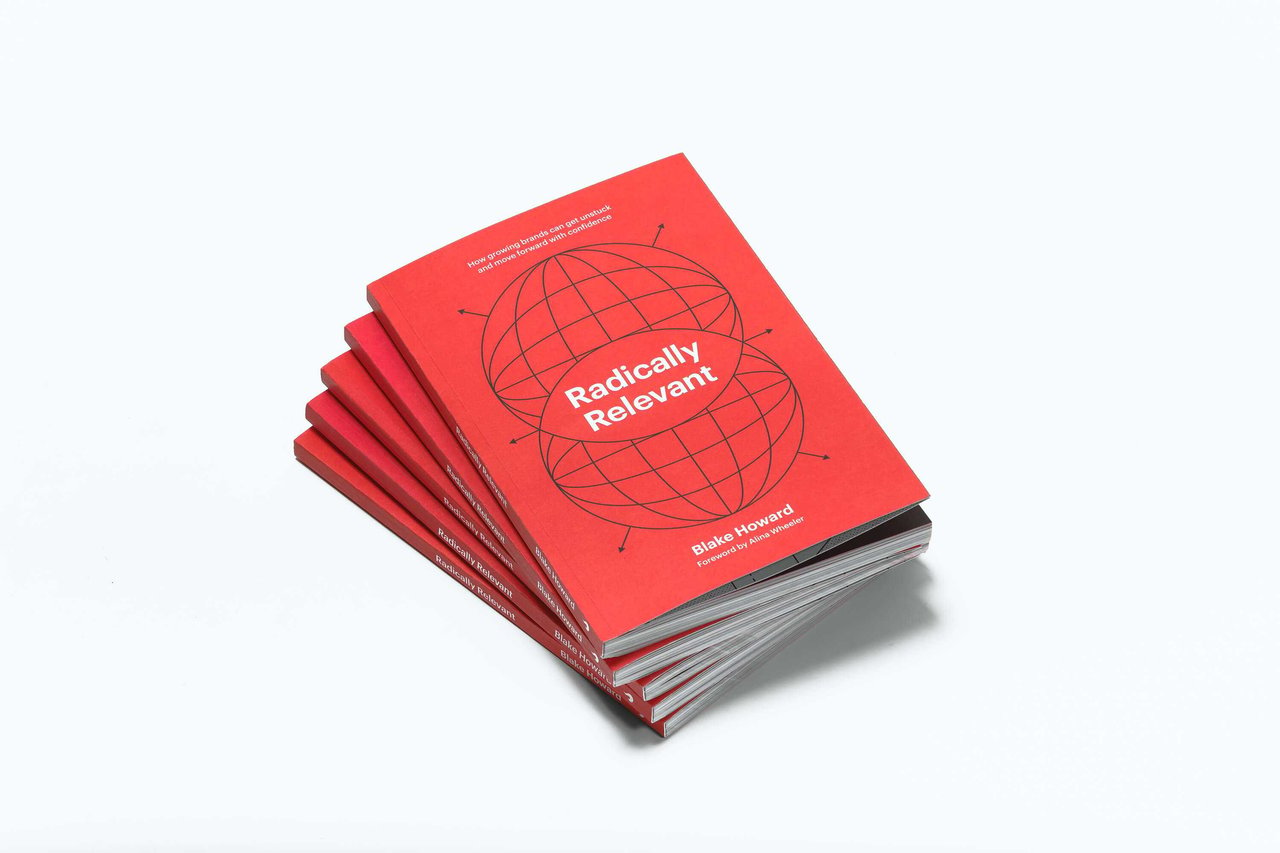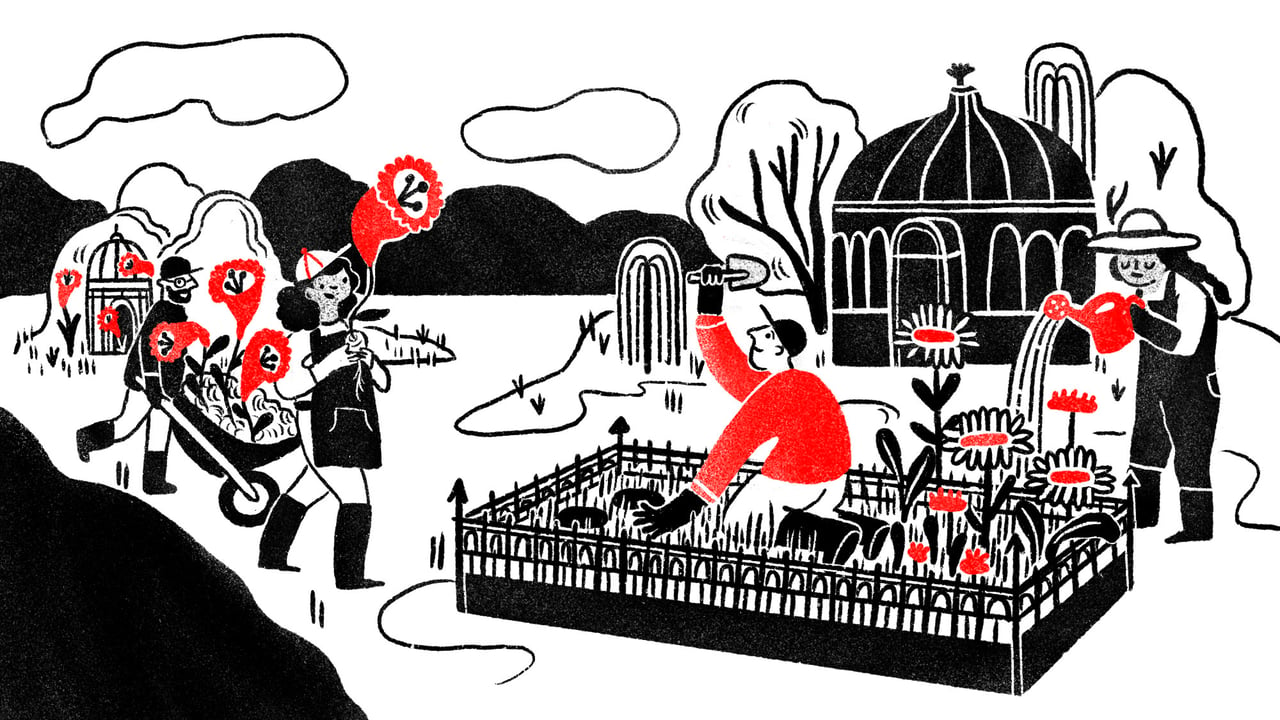A city’s disappointing pattern of naming new developments

In branding, naming is more than just giving something a functional label. It’s an opportunity to say something more emotional, more true. Declaring an essence and identity, a brand name speaks louder than words.
In urban place-making and commercial real estate, identity is essential. A new property’s name points us to the vision and intentions of the people naming it, and an uninspired name can be a signpost of an uninspired place. Logos, signage and interiors can change with trends, but a name should endure.
Atlanta’s naming landscape has had a major outbreak of “yard sale” fever. There are now more than ten developments in the metro Atlanta area using “yards” in the name. It’s like an early Saturday morning bargain hunter’s dream.
Centennial Yards, the Atlanta property formerly known as The Gulch and a recent yard sale culprit, was announced in May 2019. And, much of the city let out a collective groan. Centennial Yards becomes another uninspired addition to Atlanta’s growing collection of developments bearing the same name: Armour Yards (set the trend, it seems, and get a hall pass), Switch Yards, Artisan Yards, Assembly Yards, Atlantic Yards, Broadstone Yards, Madison Yards, Pittsburgh Yards and Quarry Yards, to name a few. It’s literally the whole nine yards and more.
There’s no question that Atlanta has some great future places brewing. But as more and more areas step into their next chapters, developers need to embrace one of the most fundamental elements of branding a place. It all starts with the name.
The best, most vibrant names check the box across four categories: they are likable, easy to use, meaningful and unique. I get that “Yards” has historical significance for our beloved city. For some of these projects, “Yards” nods to the site’s past life as a railroad or shipping yard. It’s also familiar, easy to say and spell. The temptation to continue the pattern is understandable.
The biggest miss here is differentiation. In developers’ efforts to champion something that made one place unique, the city is now awash in a sea of sameness. It’s not clear how Centennial Yards is different from the other “Yards” districts, which ultimately means it’s not clear why any of the properties will be uniquely worthy of our time.
At the end of the day, Atlanta and other cities deserve better-named places. I hope the development community goes beyond the expected and starts to think deeper about the uniqueness of each place and how the name is a signature of their thoughtfulness. Let’s close the yard sale for now and go shopping for something new.




